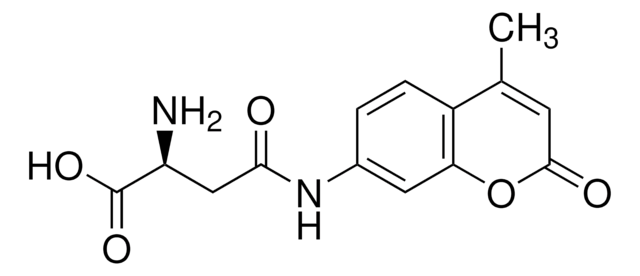A2934
Bovine Serum Albumin
lyophilized powder, essentially globulin free, low endotoxin, ≥98% (agarose gel electrophoresis)
Synonym(s):
Albumin bovine serum, BSA, Bovine albumin
About This Item
Recommended Products
biological source
bovine
Quality Level
Assay
≥98% (agarose gel electrophoresis)
form
lyophilized powder
mol wt
~66 kDa
purified by
heat shock fractionation
packaging
poly bottle of
origin
USA origin
technique(s)
ELISA: suitable
impurities
essentially globulin free
≤1 ng/mg endotoxin
pH
5.2
solubility
water: soluble (40 mg/ml)
UniProt accession no.
foreign activity
BT Virus, none detected
VSV Virus, none detected
storage temp.
2-8°C
Gene Information
bovine ... ALB(280717)
Looking for similar products? Visit Product Comparison Guide
General description
Application
- as a component of the minimal liquid medium to culture Porphyromonas gingivalis strains
- as a standard protein to quantify microsomes homogenate using Bradford method
- as a blocking agent in enzyme-linked immunosorbent assay (ELISA) of fecal lactoferrin
Biochem/physiol Actions
Features and Benefits
- Low endotoxin
- Essentially globulin-free
Preparation Note
Storage Class Code
11 - Combustible Solids
WGK
WGK 3
Flash Point(F)
Not applicable
Flash Point(C)
Not applicable
Personal Protective Equipment
Choose from one of the most recent versions:
Certificates of Analysis (COA)
Don't see the Right Version?
If you require a particular version, you can look up a specific certificate by the Lot or Batch number.
Already Own This Product?
Find documentation for the products that you have recently purchased in the Document Library.
Customers Also Viewed
Our team of scientists has experience in all areas of research including Life Science, Material Science, Chemical Synthesis, Chromatography, Analytical and many others.
Contact Technical Service


